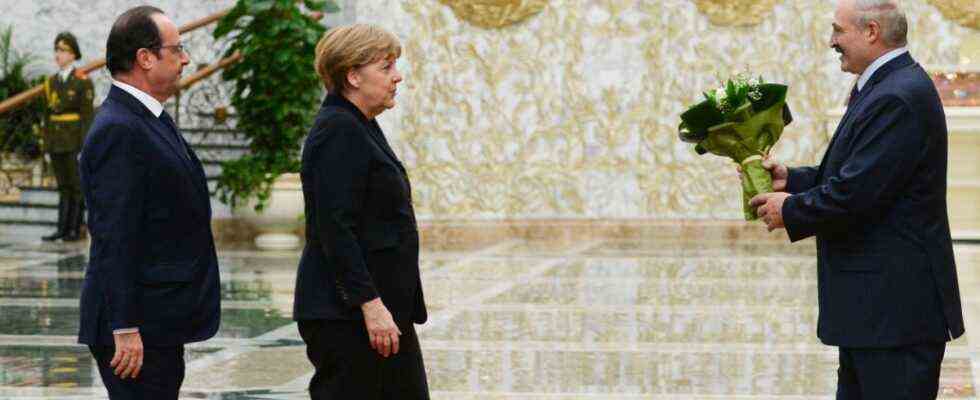Autocracies and democracies differ, among other things, in how quickly and consistently they can make decisions. Alexander Lukashenko can pack his human sacrifices in buses at will, chauffeur them at gunpoint from one border crossing to the next or equip them with chainsaws – none of which is a problem for Europe’s long-term dictator. The EU, on the other hand, has to extensively check whether its sanctions regime is legally stable, it has to blame airlines and countries of origin into the disadvantages of their tension services in long discussions and establish consensus between 27 governments.
It is all the more important that there is now unanimity in the response to the provocation on the Belarusian border. This is the only way for people who are willing to flee to experience how resilient the smugglers’ whispered promises are. At the border, a will test is first established: either Poland gives in and lets the people into the EU (and presumably to Germany), or Lukashenko forces the refugees to return.
Conflicts like this cannot be resolved by being stubborn
Such conflicts at the expense of thousands of people are ultimately resolved not by being stubborn, but by speaking. Examples of this abound. The North Korean provocation regime or the Iranian nuclear wannabes are blackmailing to perfection. Are you allowed to give in to it? Angela Merkel’s phone call with Lukashenko is now being celebrated by the regime as a great triumph – an escape from isolation, recognition of the illegitimate presidency. That is, of course, my imagination.
“Mr. Lukashenko”, as the ruler is deliberately called in the Federal Government’s communication, is not recognized. Nor was the annexation of Crimea approved or the condemnation of Alexei Navalny approved in the talks between Merkel and Joe Biden with Vladimir Putin. Iran was brought to a binding nuclear deal under international law. And the patron of erratic politics, Turkish President Recep Tayyip Erdoğan, has entangled himself hopelessly in his contradictions.
Where do negotiations end, where does blackmail begin?
With her phone call, Merkel will want to resolve the forced humanitarian situation without giving in to blackmail and violating European principles. This is a delicate task full of contradictions, for which there can be no clear solution. At the Polish border, many of these principles collide, which in theory (and by the opposition) are happy to uphold: No, you must not allow yourself to be blackmailed – and you cannot reject asylum seekers without examination or even deport them under duress across the border (Pushback).
Anyone who wants to resolve this apparently irresolvable contradiction has to talk to the blackmailer in all severity and at least resolve the emergency without setting a precedent. One possibility could be to register the migrants at the border, send them back and then check their legal entry. Lukashenko will demand a price for this – such as the waiver of further sanctions.
It is important not to let blackmail become a system. That is easier said than done because the Lukashenkos of this world know the weaknesses of the democratic systems. A permanent siege of the Polish border would affect the EU more than a negotiated solution with unrecognized presidents.

